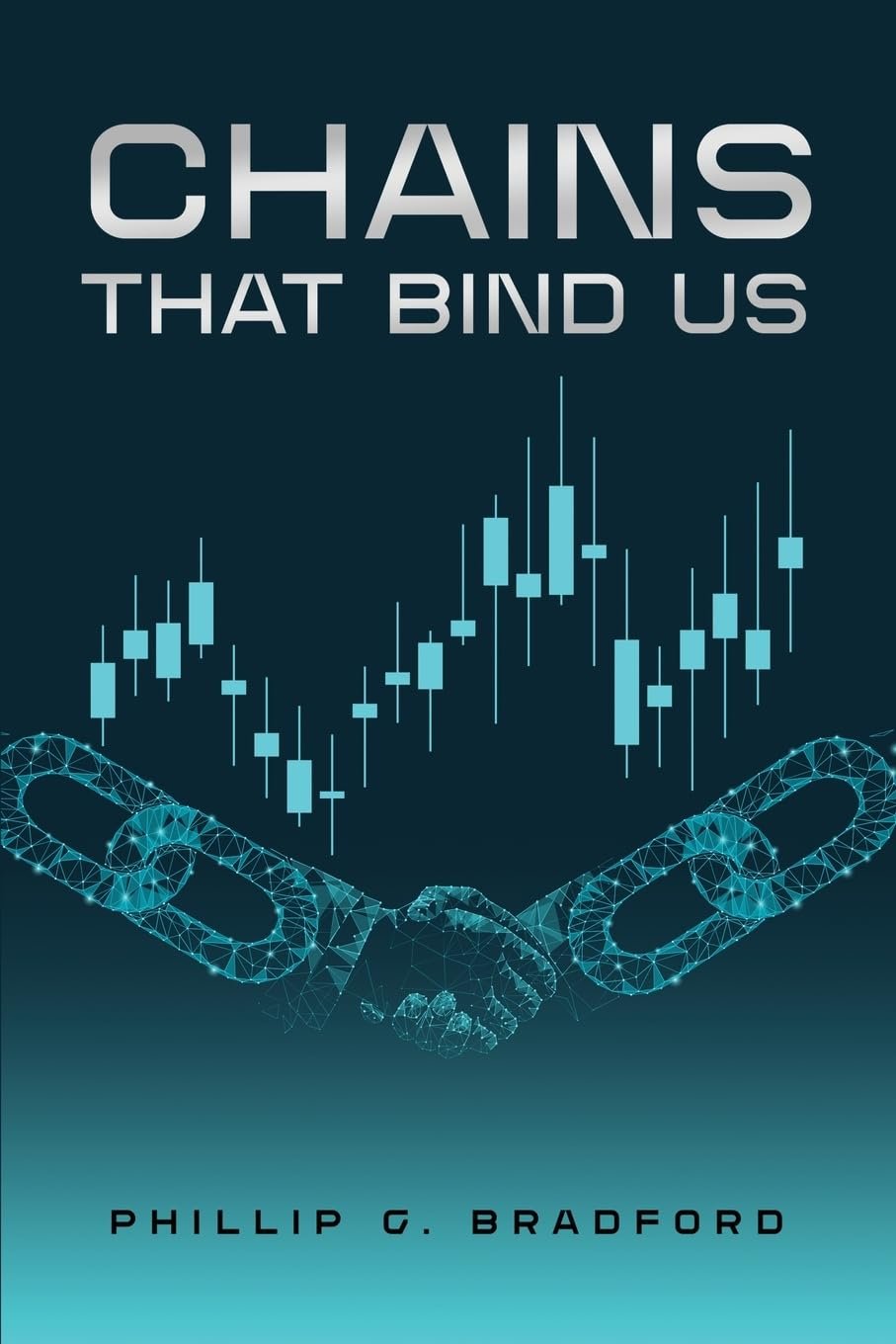
In today’s globalized economy, supply chain management is critical to business operations. It involves coordinating materials, information, and finances as products move from supplier to manufacturer to wholesaler to retailer to consumer. However, traditional supply chains often suffer from inefficiencies, lack of transparency, and susceptibility to fraud. Enter blockchain technology—a solution that revolutionizes supply chain management by enhancing transparency, efficiency, and security. This blog explores how blockchain is transforming supply chains and the benefits it brings to businesses and consumers alike.
Understanding Blockchain in the Supply Chain Context
Blockchain is a decentralized digital ledger that maintains a record of transactions across several computers while guaranteeing the data’s security, transparency, and immutability. Blockchain technology can be used in supply chain management to monitor the flow of commodities, confirm product legitimacy, and guarantee adherence to legal requirements.
Every transaction or movement of goods is recorded on the blockchain as a “block,” linked to the previous block, creating a “chain” of records. These records are visible to all participants in the supply chain, providing a single source of truth that can be trusted by all parties involved. This transparency is a game-changer for supply chain management, as it allows businesses to track products in real time, verify their origin, and ensure that they meet quality standards.
Enhancing Transparency and Traceability
Increased traceability and transparency are two of blockchain’s most important advantages for supply chain management. Following a product’s origin and path through traditional supply chains can be difficult, particularly when several middlemen are involved. This lack of visibility may give rise to problems, including fraud, counterfeiting, and regulatory noncompliance.
With blockchain, every step of the supply chain is recorded and can be traced back to its source. For example, in the food industry, blockchain can be used to track the journey of a product from farm to table. Consumers can scan a QR code on a product to see where it was grown, processed, and reached the store. This level of transparency builds consumer trust and helps businesses ensure the quality and safety of their products.
Improving Efficiency and Reducing Costs
Additionally, blockchain technology could make supply chain management much more efficient. Conventional supply chains can include much paperwork, manual labor, and middlemen. These elements can cause errors, delays, and higher expenses. Blockchain streamlines operations by automating many of these procedures, eliminating the need for middlemen.
For example, smart contracts—self-executing contracts with the terms of the agreement directly written into code—can be used to automate payments and other transactions in the supply chain. When certain conditions are met, such as the delivery of goods, the smart contract automatically triggers payment, reducing the need for manual intervention and speeding up the process. This automation can lead to significant business cost savings and faster delivery times for consumers.
Enhancing Security and Reducing Fraud
Another crucial aspect where blockchain technology shines is security. Because traditional supply chains rely on centralized systems susceptible to hacking, they are susceptible to fraud, theft, and cyberattacks. Due to the lack of a single point of failure, blockchain technology is far more secure due to its decentralized structure.
Additionally, the immutability of blockchain records means that once a transaction is recorded, it cannot be altered or deleted. This makes it much more difficult for bad actors to manipulate data or commit fraud. For businesses, this enhanced security reduces the risk of losses due to fraud and increases confidence in the integrity of their supply chains.
Conclusion
Thanks to blockchain technology, supply chain management is about to transform, increasing security, efficiency, and transparency. Blockchain lowers costs and boosts consumer trust by allowing businesses to track things in real time, authenticate them, and automate transactions—all from a single, unchangeable source of truth. A more effective, transparent, and safe global supply chain is something we should anticipate seeing more businesses use blockchain technology. Supply chain management is entering a new era driven by blockchain technology.
Transform your understanding of blockchain technology with Chains that Bind Us by Phillip G. Bradford. This essential guide unifies the worlds of economics, computer science, and engineering, revealing how blockchain is revolutionizing transparency and efficiency in industries like supply chain management. Discover the power of this cutting-edge technology to streamline operations, enhance security, and drive innovation. Whether you’re a tech enthusiast, a business leader, or simply curious about the future, this book offers the insights you need to stay ahead. Don’t miss out—grab your copy of Chains that Bind Us today from here: https://amz.run/9TOr and start revolutionizing your world!
